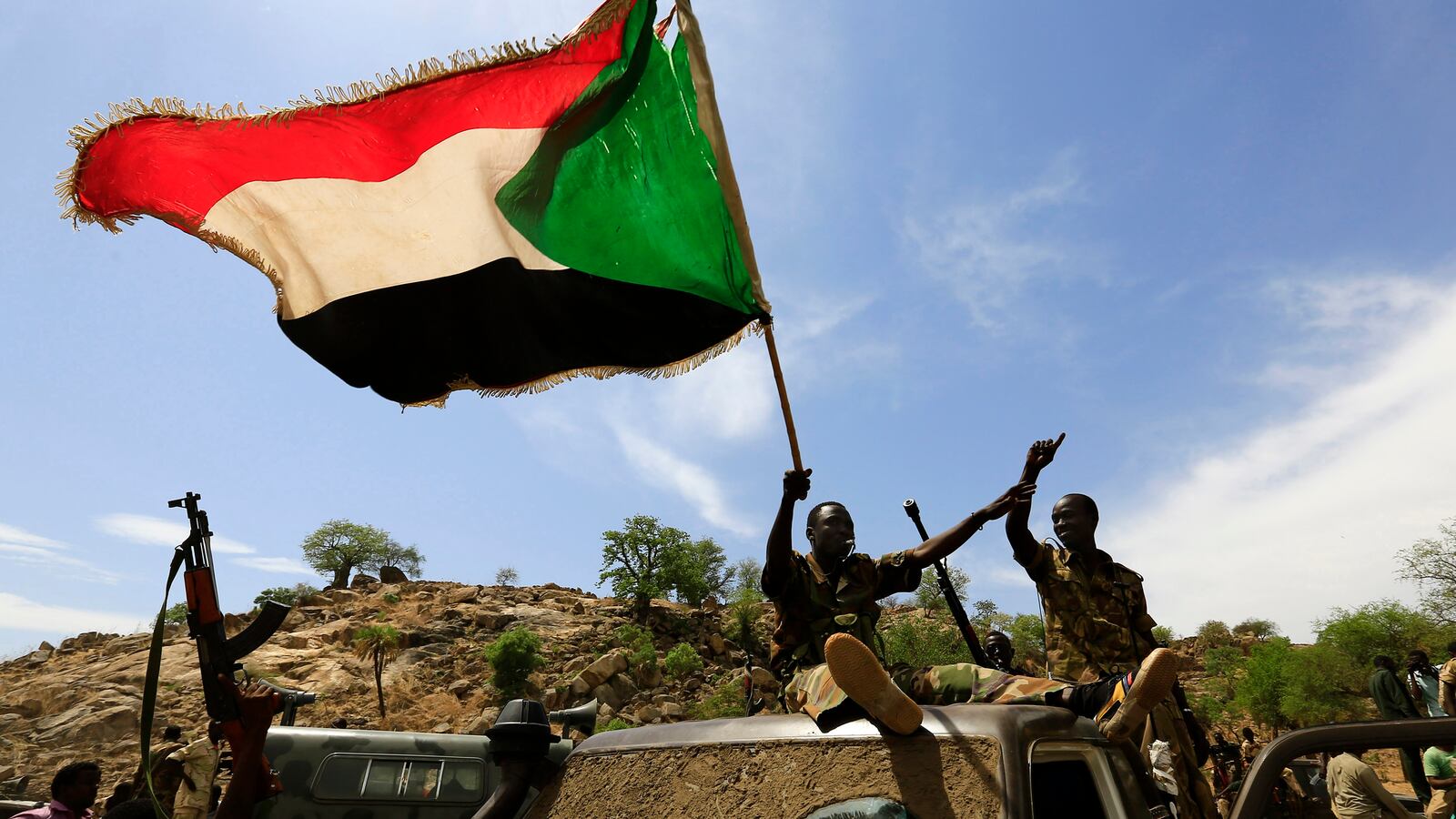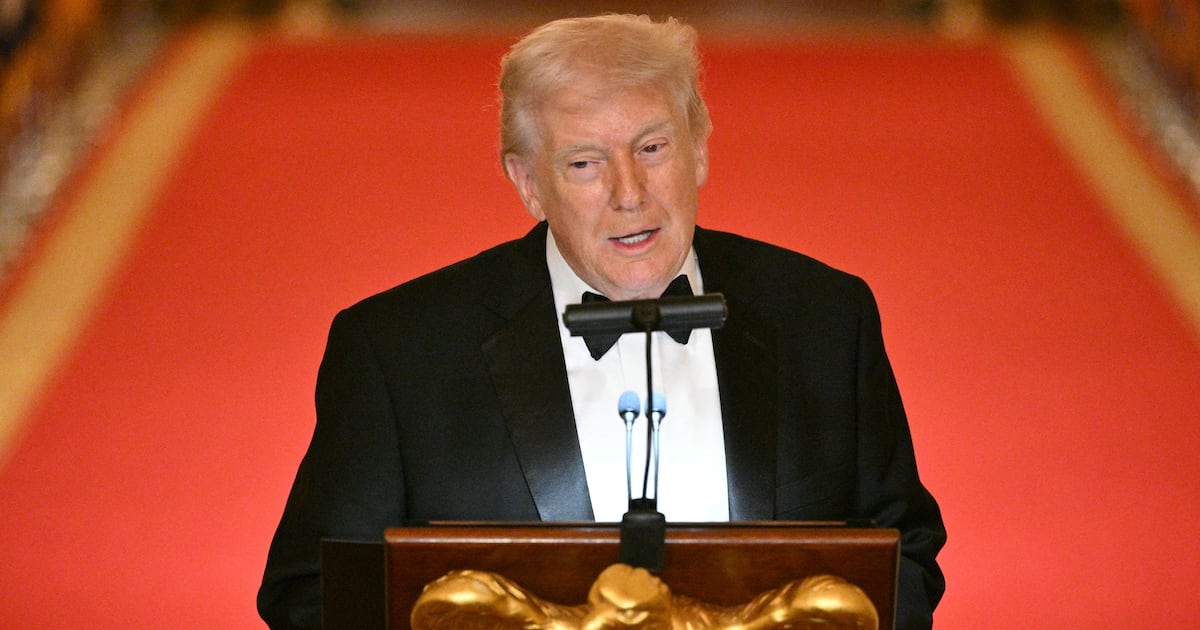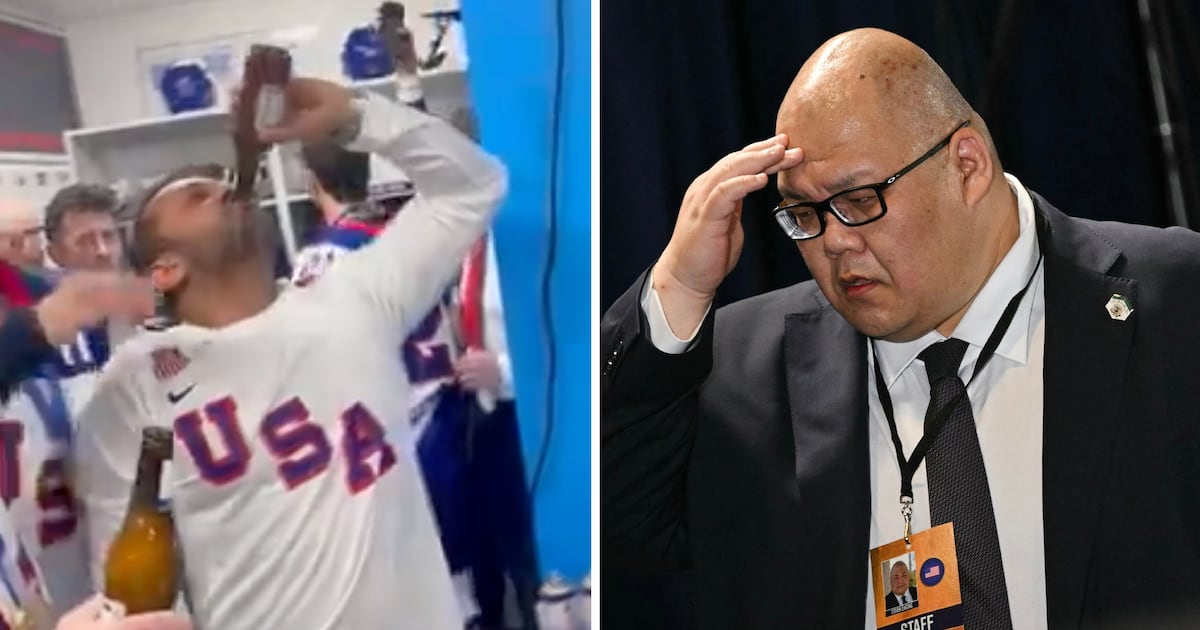In the shade of a tangled mess of tarps and wood poles that barely form a functional shelter, a group of young boys play in the mud. They have constructed an entire army barracks complete with tanks, AK-47 machine guns, heavy artillery launches, and an impressive assortment of toy soldiers hand-shaped from the mass of mud in which they were sitting. One young boy cocked his mud rifle at me and asked for his picture to be taken. This was how these boys had come to pass the time in Bentiu—a strategic flashpoint in South Sudan’s civil war.
As I walked across the hot, swamp-like Protection of Civilians (POC) site, my two translators, young lanky men from the Nuer ethnic community, explained the peril they would face if they were to leave. “If we encounter government soldiers, they will shoot us dead,” one of them remarked, “and if we encounter opposition fighters, they will force us to join.” They live in humiliating conditions—knee-deep in mud when it rains, unable to go to school or work.
On July 9, South Sudan will mark three years since independence, but any celebration will be bittersweet. This was supposed to be the first generation of children born free from civil war. Instead, that dream has been shattered. The United Nations Children’s Fund estimates nearly 9,000 children have been recruited or coerced to fight as soldiers.

Looking out across the vast POC site in Bentiu—now home to 45,000 internally displaced—it is difficult to imagine how the country’s former revolutionary leaders, now the nation’s political elites, could justify themselves. Médecins Sans Frontières now estimates three children under 5 years old die every day in Bentiu—mostly new arrivals that have traveled for days in search of food and medical attention.
Two ceasefire agreements have been signed and subsequently violated—one in January and another in May. The severity of the situation is underscored by evidence that South Sudan may face famine on a scale the world has not seen since the 1980s.
In the period immediately following independence, there was an abundance of development and investment opportunities for the world’s youngest nation. Now, as one humanitarian aid worker at the camp remarked to me, “We’re just keeping people alive.” The consequences of this war have been devastating.
What’s more, the Government of South Sudan has not built a single school, road, or health care clinic since independence. Nearly all of the state’s oil wealth has gone toward military expenditures with the justification of ongoing tensions with the South’s hostile neighbor to the north—Sudan.
Just one year after independence, President Salva Kiir released a letter implicating state ministers in corruption in excess of $4 billion. The letter kindly asked that the money be returned, but not a single cent has been transferred and nobody held to account. Corruption and politics go hand in hand, since government office provides unfettered access to state windfalls.

The question that should be on leaders’ lips is how to find a solution to what is fundamentally a political and economic conflict between President Kiir and his former deputy, Riek Machar. Yet the mobilization of ethnic militias, hate speech, and the belief in the possibility of a military victory have stymied peace negotiations in Ethiopia’s capital, Addis Ababa.
In order to end the conflict and establish the peace that independence promised, it is time that the East African bloc leading negotiations—including Kenya and Ethiopia—get serious about punitive measures to change the cost of military engagement on both sides. In a recent statement to the U.N. Security Council, Ethiopian negotiator Ambassador Seyoum Mesfin remarked, “If the parties continue to make a mockery of the agreements they have signed, there must be consequences and here again we must act to demonstrate our collective resolve.”
Those consequences should include regional sanctions that would target the wealth and family assets of the political elites that have been robbing the people of South Sudan since independence. Punitive measures could also be brought by the Security Council, but only with the backing of Russia and China. This may be a rare moment, however, when African leaders are the ones requesting Security Council support, not Russia and China’s rivals in the West.
As I stood over the mud barracks, my translator zeroed in on a miniature mud tank complete with a detailed main gun and top hatch. He gingerly lifted it up from its defensive position outside the army barracks and placed it in my hand. The young boy who had fashioned the mud toy grinned at all the attention he was receiving.
Children everywhere play games of war. But without consequences for South Sudan’s leaders, such games will be more than play. Tragically, they’ll be the children’s only future.






